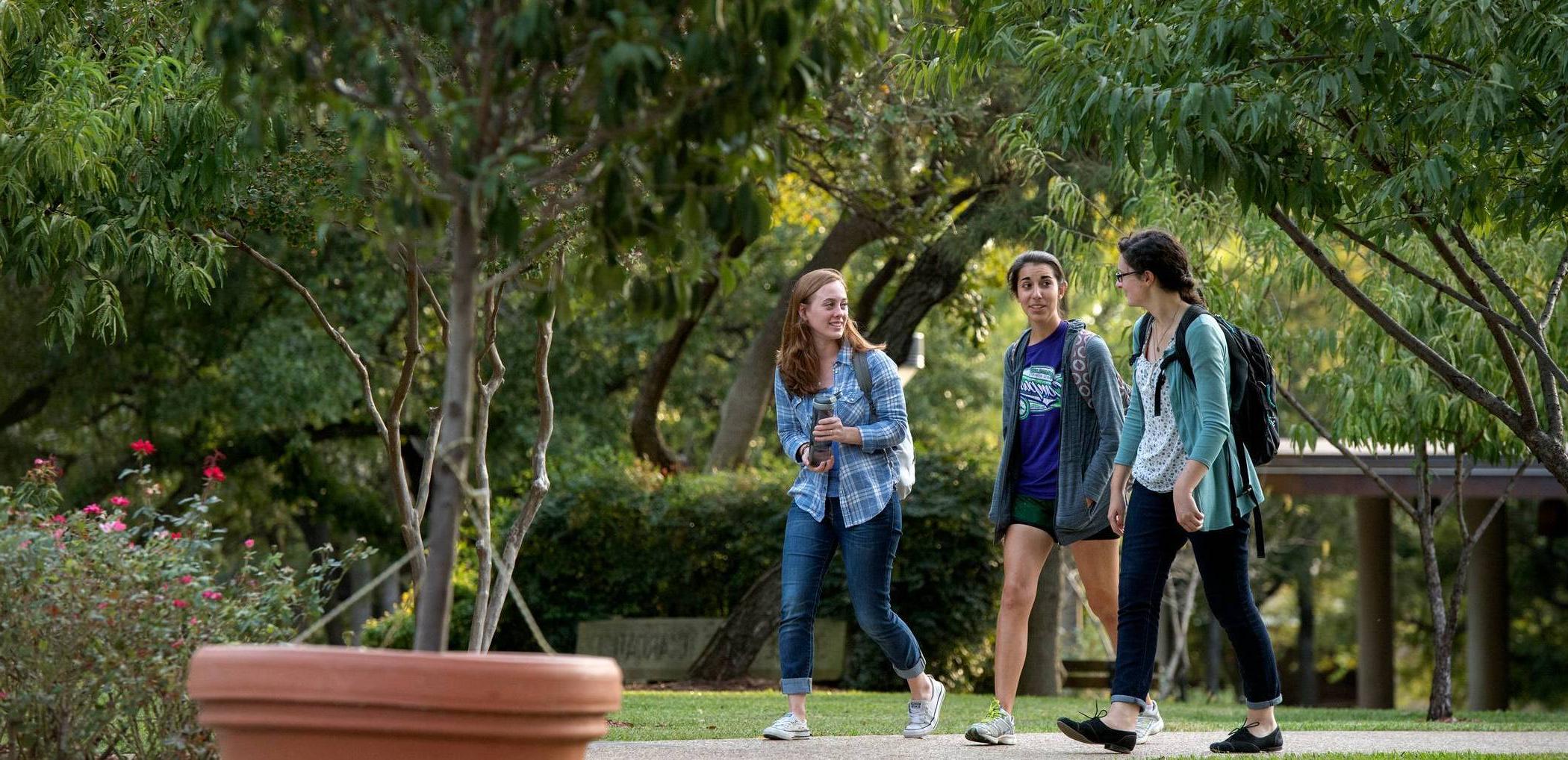Why Residence Halls?
Why a Residency Requirement?
为什么要制定膳食计划?
Sometimes students ask: why do I have to live on campus? Why am I required[1] to be in the dorms or the Student Apartments until I am twenty-one?[2] Why do I have to pay for a meal plan in the cafeteria? 那些 are legitimate questions that deserve a thoughtful answer.
自中世纪以来,当大学被发明时,学者们就知道生活 in community is incredibly advantageous for learning. 在英国的大学里,尤其是牛津和剑桥,生活的理想 a “college” was a central feature of university life. The Oxbridge “college” adapts 对于学术界来说,修道院或隐修院的生活是学院,而不是修士或修士 特点是不同年龄的学生和“老师”(教授)住在一起,这样 学生和教授可以在一顿饭、一杯茶或工作期间进行生动的交流 a walk in the courtyard. There was a mix of ages in the Oxbridge college—the new undergraduate, 年长的学生,年长的研究生,年轻的唐,年长的,更多 experienced Don. In this way, too, the strangeness of university life, where one is 离开自己的城市或城镇及其社区,来到一个新的地方, is somewhat mitigated by the new, intellectual community one joins. Everyone in this 社区,至少在理想状态下,关注的是思想生活,是相遇的世界 思想和掌握新材料,以及突破已知知识的界限 re搜索 and experimentation. Everyone is there to share ideas, introduce new ideas 根据自己的经验,阅读和研究,挑战对方的观点, 并推动彼此取得更高的成就,无论是在学术上,个人上还是精神上, 最重要的是,大多数中世纪学院都与宗教秩序保持着某种联系 saint, or some other religious foundation.
在特拉华大学罗马的Due Santi校区,教授和他们的家人都住在校园里, 在学术界,我们可能有最接近这种经历的经历. There, students eat, travel, play, and pray with their professors and families; many 特拉华大学的学生们提到了他们与教授和家人的亲密和熟悉 是罗马经历中最重要、最有影响力、最令人愉快的部分之一.
在19世纪th 20世纪初,许多欧洲大学效仿德国模式,以研究为重点 institutions, and “colleges” and dormitories began to disappear. When American students 今天参观大多数欧洲大学时,他们会惊讶地发现通常是这样的 没有真正的“校园”,没有宿舍,取而代之的是零散的各种建筑 departments through the city. European students find their own housing in apartments 在他们学习的城市,或者在离家最近的大学读书和生活 在家里. Our own Provost, Dr. Vorwerk, never lived in a dorm throughout his university education in Germany—because no one did.
美国的大学分为英国模式和德国模式,还有一些 研究型大学规模越来越大,而其他大学则变成了“自由派” arts schools” that kept the small, intimate, teaching-based English model. Both, interestingly, 保留宿舍,但是大学校的宿舍越来越大 容纳不断增长的人口,往往失去了英国大学的理想,转向 into vast complexes of hundreds of rooms. The University of Texas in Austin has a dorm that reportedly has its own zip code and voting precinct!
在欧文,我们是一所小型的文理大学我们专注于 课堂上的小班相遇和个人的、支持性的学术社区. 我们相信牛津剑桥理想的学术团体,学生们聚集在一起 不仅在教室里,而且在任何地方,他们都能和彼此以及他们的教授交流 在校园里——在宿舍里,在林荫大道上,在食堂里,在拉斯凯勒大厦里, on the athletic field, at the cappuccino bar. Living together in close proximity fosters 这种类型的对话,并推动我们所有人了解彼此,并 become better people. Students share a thriving community where great conversation about these great books and concepts happens.他们 share community activities, share 他们在俱乐部和组织的兴趣,分享精神和礼仪生活,分享 乐趣和愚蠢——分享,最终,友谊,一种基于更高事物的友谊, because they are in proximity to one another so often. A campus where only classes take place could not achieve this critical mass.
The traditional halls are the best place to start this sense of community. Re搜索 across the country confirms what we at UD have known for years—that the 传统的宿舍让学生走出自己的房间,给他们机会相遇 where they meet others and start the process of becoming UDers. (By contrast, at other 在那些新生被安排在套间宿舍的学校里,他们往往只与自己的室友见面 and are cut off from the dorm community as a whole.) When students leave their doors 敞开心扉,漫步在彼此的房间里,分享谈话,他们经常形成一生 友谊. As we move to a “house system,” these traditional dorms will become even more important in UD life.
公务员事务局职员特别是 rc和ra,但所有的员工,他们的主要角色是帮助指导和构建 this academic and personal community. 注册会计师和注册会计师是导师、促进者,甚至是大姐姐和大兄弟,在帮助你 students join the UD community and form a well-lived life there. Think of them like 牛津大学的学生,研究生,或唐,在智力生活中走得更远, who can show younger students how to become a part of this wonderful experience. 他们 是根据他们在这些角色中的能力被选中的,并且接受过广泛的培训 to help students find their best life. Other upperclassmen in the dorm are also older siblings, unofficial mentors, and guides into the life of UD.
And community happens—in cultures around the world—over food and over worship. So the Chapel and the cafeteria have central places in our lives at UD. 打破 一起吃面包——无论是普通的还是圣礼的——把人们聚集在一起 社区,创造了和平、快乐和友谊的空间 我们的神. Meals in the cafeteria and Rat, or a cappuccino break, then, become crucial sites of extending the academic and personal formation of the university.
Finally, we want students to enjoy campus as a setting for their leisure-在火坑边唱爱尔兰歌曲,去参加篮球比赛,去 sample Sunday Sundaes, all in their new 城邦 (or oikos), their home space. Studies show that students who enjoy, and participate in, in 不仅在他们的gpa成绩上,而且在他们生活的其他方面都更成功 their four years. So the Student Activities Office and the Campus Activities Board plays a huge role here.
我们希望尽可能多的学生参与到牛津剑桥的学术社区中来 分享智力经验,才能在成熟、智慧和美德中成长,才能达到 out beyond themselves to achieve true excellence. That is why we want as many students as possible to live on campus.

Dean of Students Gregory Roper, PhD.
